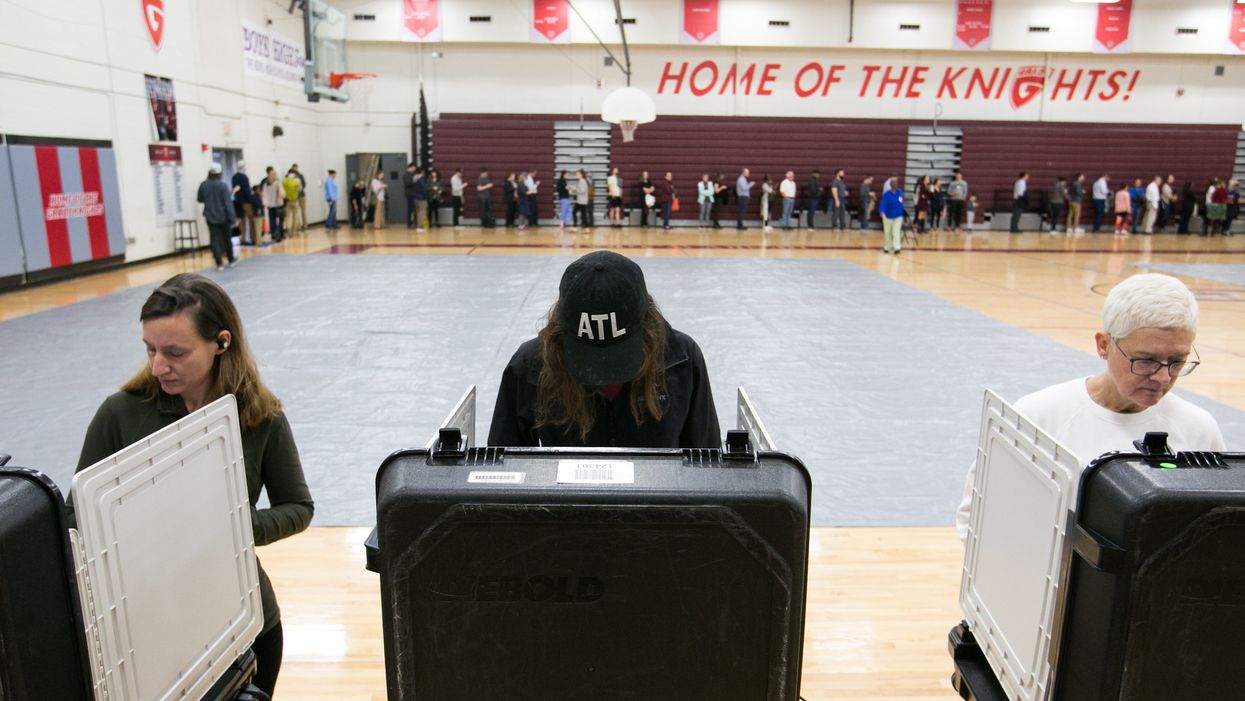Structural barriers have created a "cost to voting" that disproportionately affects low-income Americans and reduces their participation in the electoral process, according to a report issued Tuesday by a group of academics.
"Those with fewer resources — time, money, information — are 'priced out' of participating due to factors such as election timing, voter identification requirements, felony disenfranchisement, and inefficient election management," the report concludes. "The result is that wealthier people vote at much higher rates than others."
Narrowing the pool of voters, in turn, produces consequences on society, such as increasing inequality, hindering economic growth and weakening public health, according to the report, which draws on existing social science research to summarize the problem. It also offers seven recommendations to lower the "cost of voting" as well as ensure more secure and fair elections.
That research suggests barriers to voting have contributed to rising inequality because poorer people, who are inclined to support the government playing a strong role in leveling economic disparities, hold less sway with politicians than wealthier Americans, who are more likely to vote as well as make political donations.
Dwindling political engagement by those with low incomes also breeds public health consequences. The report points to Georgia, where access to medical care in the state's rural communities has declined in the years since the state declined to expand Medicaid under the Affordable Care Act.
The report also details a host of other socio-economic problems caused by inequality, from stunting business investment and diminishing the purchasing power of a shrinking middle class to weakening the support for capitalism among the young and fostering political polarization.
"For all of these reasons, it is vitally important to advance electoral reforms, while maintaining the security of the electoral process," say the authors, Kelsie George and Samantha Perlman.
The report, "Securing Fair Elections: Challenges to Voting in the U.S. and Georgia," was issued by the Scholars Strategy Network, an association of academics and researchers who write about public policy in ways they hope are accessible to the general public.
Recommendations to increase engagement include enfranchising felons, eliminating voter ID requirements, reducing long lines at the polls on Election Day and changing the timing of local elections to coincide with state and federal elections, which research suggests is one of the most effective strategies to boost turnout.
Using voting machines that print paper ballots, adopting nonpartisan redistricting practices and judiciously eliminating ineligible names from voter registration lists would promote secure, fair elections, the report concludes.




















Trump & Hegseth gave Mark Kelly a huge 2028 gift